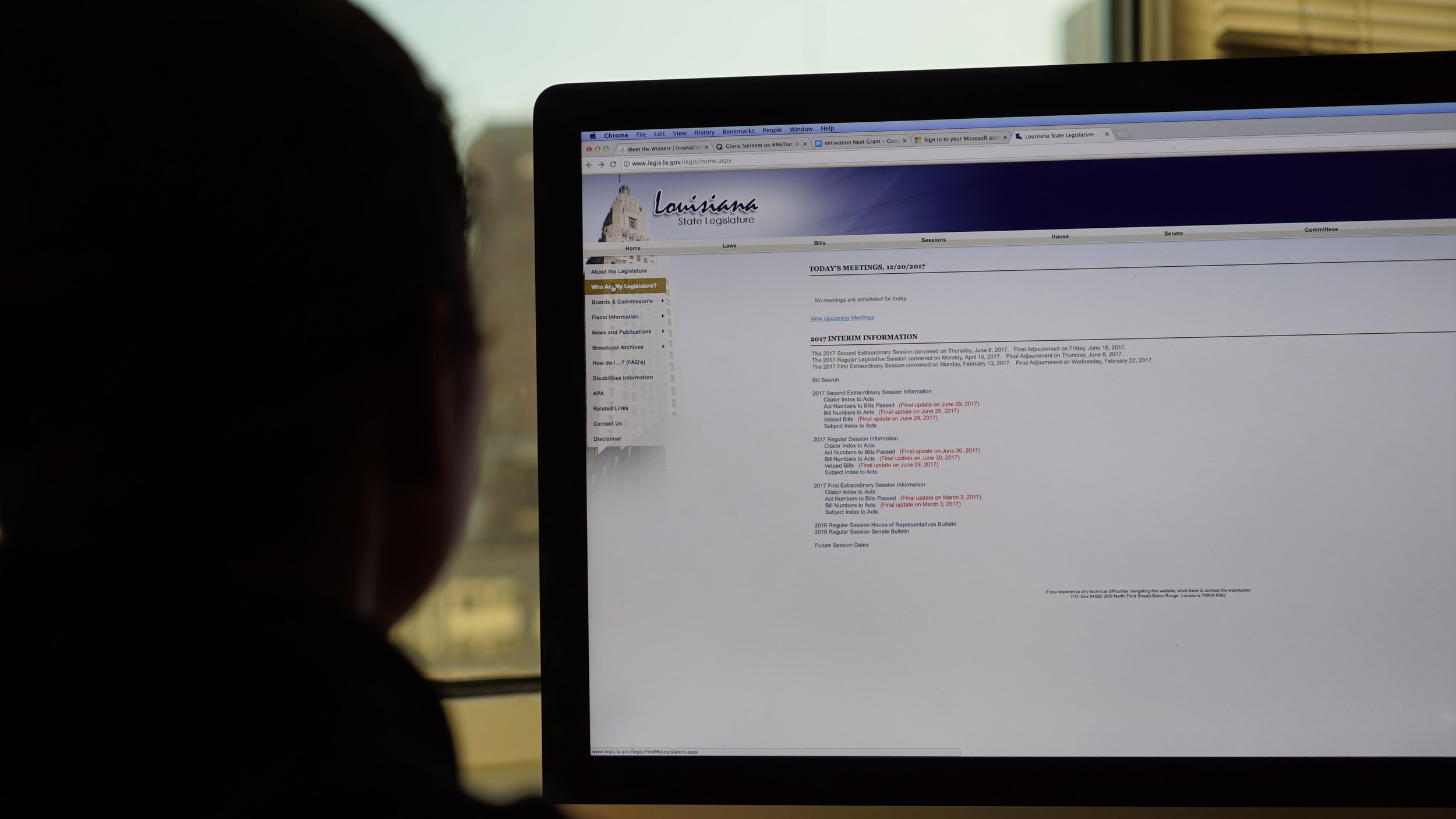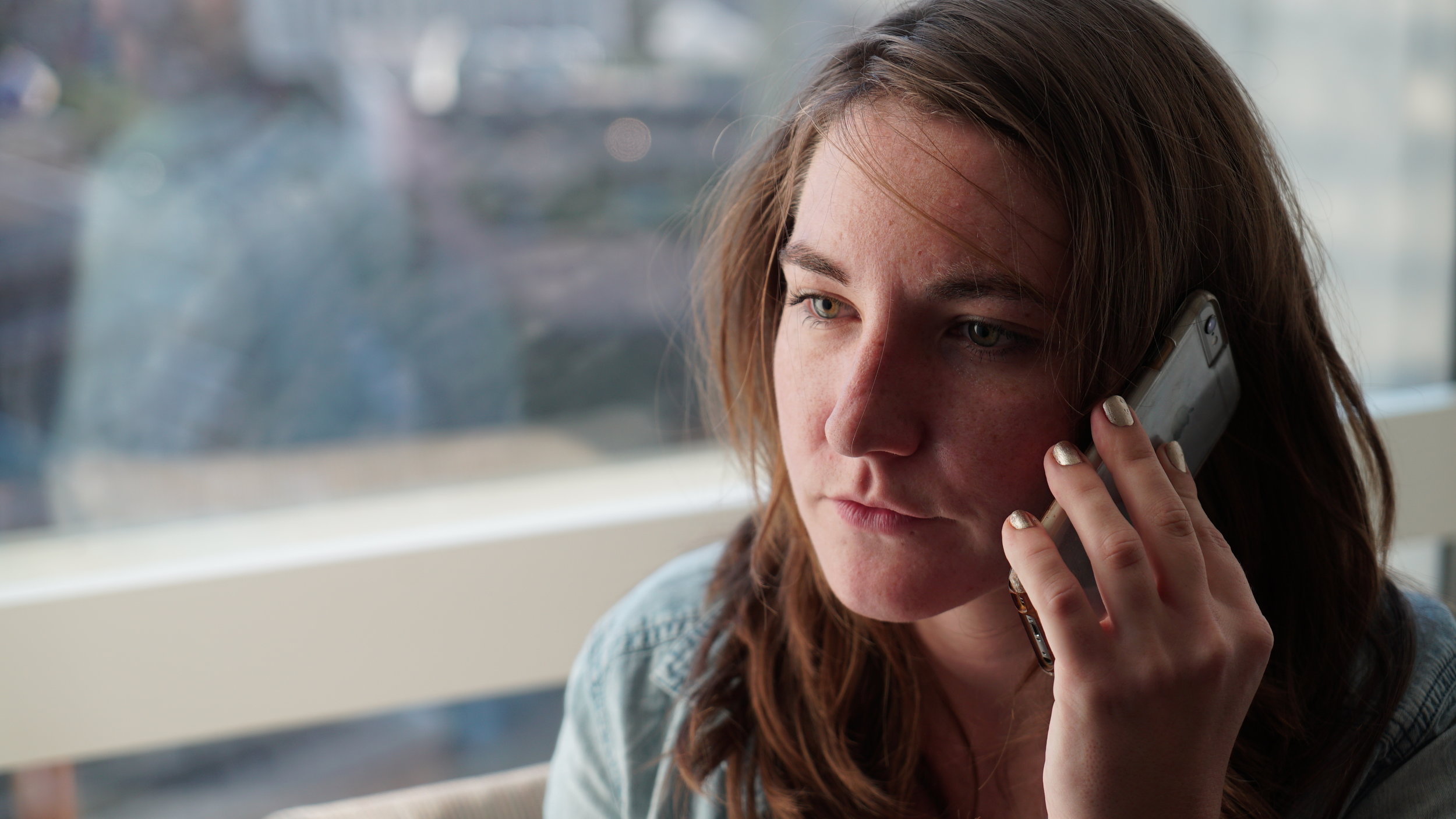Nothing About Us Without Us
“But when decisions are being made that directly—and often only—impact young people, shouldn’t they have a seat at the table?”
“One important tip that I can’t stress enough is: stories fuel change.”
STEFFANI BANGEL, MPH | CRAFT PROGRAM MANAGER
Nothing about us without us!
That rallying cry has been a simple, central demand for numerous social justice movements, notably HIV advocates eager to have representation from their own community in policy-making. Its demand is simple: do not make decisions that impact us without including us in that decision-making process. Do not pass policies that impact our lives without including us in the process. Nowhere does this cry feel more crucial than when it comes to policies and decisions that impact the lives of young people.
Think about it: how are young people meaningfully included and consulted in decisions that impact their health and lives? Do high school students get to weigh in on laws that impact their daily lives, such as the legal age to drive, citywide youth curfews, or whether and how sex education is taught in schools? Let’s be real—if young people are included at all, they are typically one or two tokens in a room full of adults who hold decision-making power. But why are young people left out of the process? Why aren’t youth voices included in these policy discussions?
Perhaps part of the reason is that adults are used to telling young people what to do, where to go, and that they’re right or wrong. There is certainly value to that. Adults typically have years of wisdom, education, and experiences that help to guide their perspectives on an issue. But when decisions are being made that directly—and often only—impact young people, shouldn’t they have a seat at the table?
One thing young people often don’t know is that they can (and should!) speak up and use the power of their voices in the policy-making process. In my work, I constantly hear from teenagers and young adults that they don’t believe they have a voice when it comes to policy-making. They think those kinds of decisions happen in a closed room somewhere far away. Yes, when it comes time to vote on a bill, those votes are cast by adults in the Capitol Building. But what young people often don’t realize, and what is so important, is that the policy-making process doesn’t only happen when it’s time to vote on a bill. Our legislators—the people who were elected to represent us and our interests—want to hear from the people they represent before it’s time to vote. This, more than anything, is an important opportunity for young people to use their voices and share their perspectives with the people in charge.
Nothing about us without us is an important message, but it requires some boots on the ground to make it a reality. Young people often don’t recognize the power that they have. Youth are the experts on their own lives, and it is incumbent that they share their expertise with decision-makers.
OK, I agree, youth voices matter. What can I do?
If you’re an adult with young people in your life—whether they’re your nieces, children, students, or mentees—listen to them! Ask them what social justice issues matter to them? What scares them? What excites them? What do they consider unjust? Help them schedule a meeting with their legislator (if you’re in Louisiana, check out legis.la.gov). Proofread an email that they write to their city council representative. And when the young people in your life feel confident and comfortable enough to use the power of their voices, boost them! Share their op eds with your networks and on your social media channels. Introduce them to decision-makers in your local community. Ultimately, the biggest thing that you can do as an adult who believes in young people's power is to help them realize and use their voices.
If you’re a young person, thanks for reading our website! Now let’s get to business. First things first, figure out who represents you. Even if you’re under 18 and can’t vote yet, legislators still represent you. Are they doing a good job representing the issues that you care about? How did they vote last year on issues that matter to you? What have they said in the press? Do some googling—I don’t have to teach y’all how to do that. Do they have a district office in your town or city? Try scheduling a meeting and sharing how you feel about issues you care about! One important tip that I can’t stress enough is: stories fuel change. You can talk about the data until your face turns blue, but nothing makes decision-makers reconsider their opinions or connect to an issue like a personal story. If increasing access to sex education in school is an issue that’s important to you, tell your legislator about your personal experience (or your friend’s experience) with sex education and how it made you feel, or what you thought was missing. If removing all Confederate monuments in your city is your issue, tell a story about how it feels when you have to take the school bus past those statues every day, and what they mean to you. Stories fuel change. Not ready to meet with a legislator in-person? Why don’t you call their office or send them an email? Advocacy can take many forms, but directly contacting legislators is one of the easiest and most effective ways to create the change that you want to see in the world. Are you ready to get started?
“But what young people often don’t realize, and what is so important, is that the policy-making process doesn’t only happen when it’s time to vote on a bill. Our legislators—the people who were elected to represent us and our interests—want to hear from the people they represent before it’s time to vote. ”


